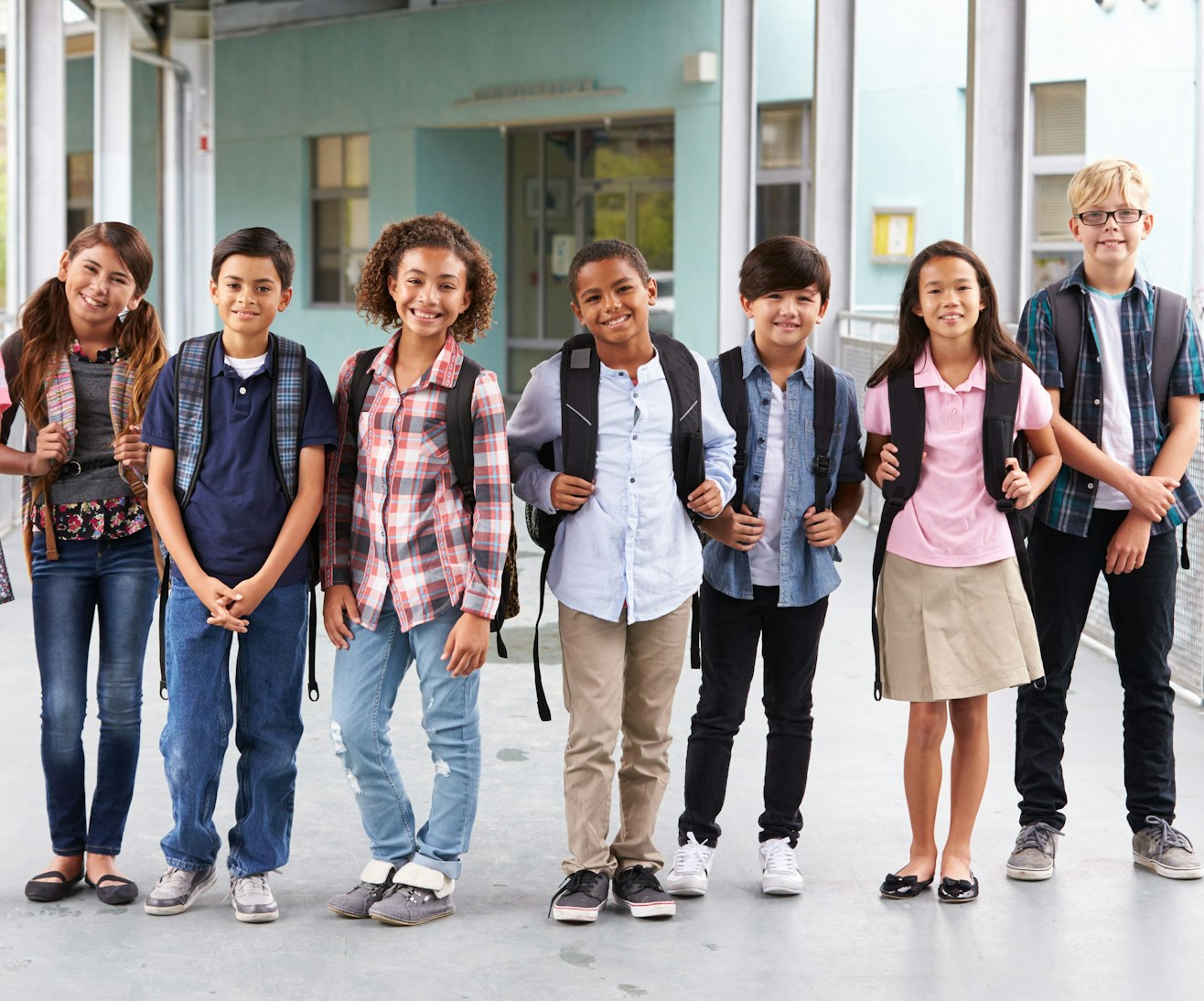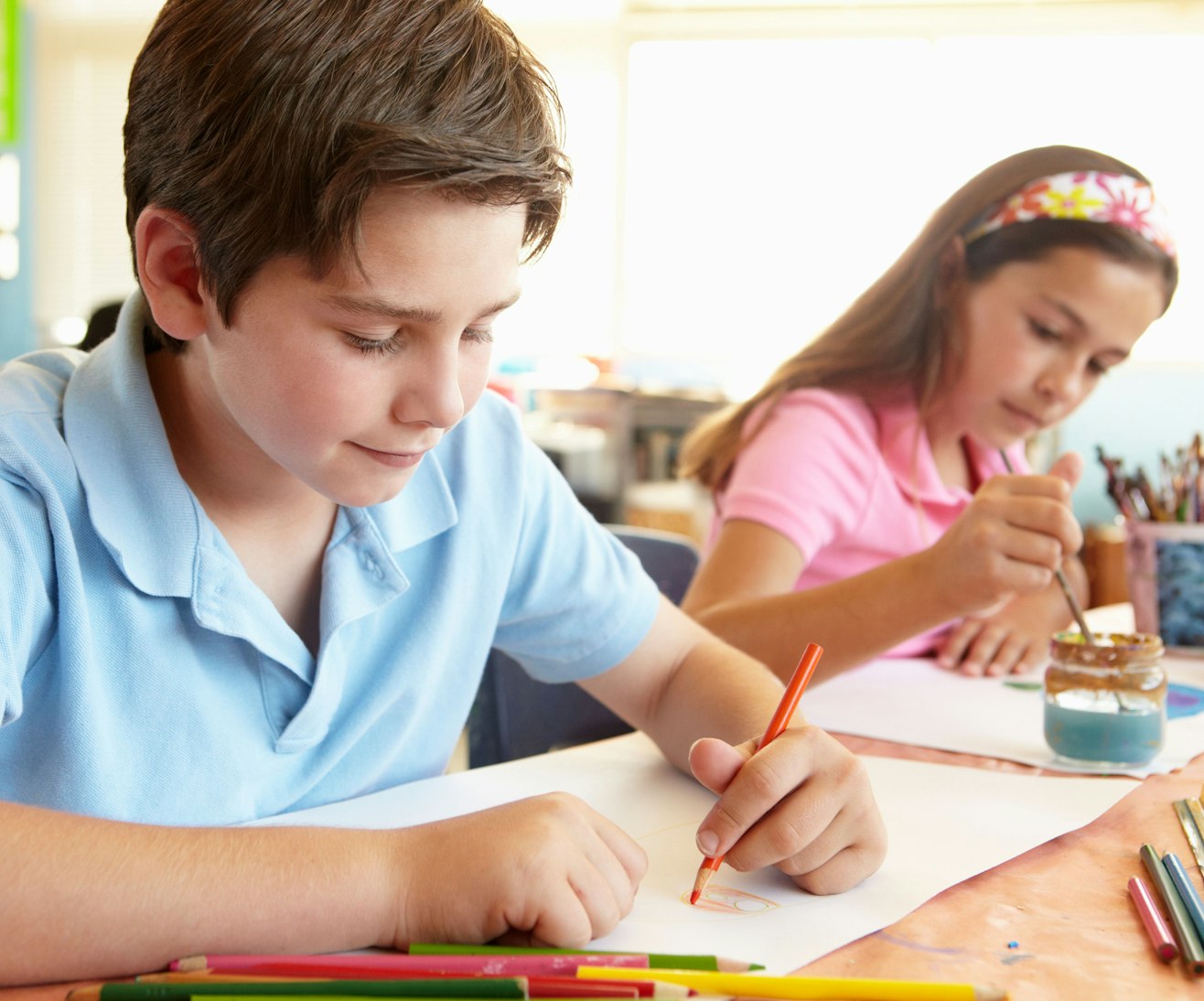Middle Grades 4-6

4th Grade
The grade four students ease into a new stage of childhood in which they find comfort in themselves and the world after coming through a significant change. They are ready to take on challenges, are able to make more conscious decisions and take on more academic work. Their developmental stage is met in the stories of the Norse Mythology and Finish Kalevala. Students continue to develop their composition skills in writing as they work with these stories. Recitation continues and more complex language is explored through drama and verse.
In math, the grade four curriculum focuses on fractions. The students are given opportunities to divide things into parts that up to now they have experienced as whole, such as food, harmony in music, the class (working in groups), etc. The mastery of mathematical concepts from grade three continues to grow through practice in grade four. The experience of square measure might be added to division, long and short methods, and to multiplication and simple freehand geometry.
Children also learn the weaving forms forms of Celtic knot tying and drawing.
In science, students study zoology. They explore local geography and history, and typically takes a local overnight camping trip in Utah.
Specialty subjects continue. In handwork they move from crochet to cross-stitch and embroidery. Where applicable, subject teachers design their programs to meet the developmental stage by introducing and then increasing writing, relating their lessons to the current main lesson block, and doing more work in groups or ‘parts’.

5th Grade
Students in grade five are at a pivotal point between childhood and young adulthood. A reflection of this developmental stage is their coordinated, balanced and harmonious movements. Cognitively the students are more able to understand questions and phenomena in a realistic and reasoning manner.
Students study the ancient cultures and myths of India, Persia, Egypt and Greece. They learn Greek mythology and history and this culminates in their participation in the spring in the Greek pentathlon, an Olympiad event with other Waldorf Schools when possible.
Botany is studied in science and besides 5th grade math concepts students also learn free-form geometry.
In handwork, children learn how to knit socks.

6th Grade
In grade six many physical changes can be seen in the students: their limbs begin to lengthen and a tendency for awkward, angular movement can surface. Children’s intellectual capacity is increased.
Developmentally, Twelve year-olds develop a sense for cause and effect and they enjoy creating causes in order to see what effect they might have. There is a growing orientation towards the world, and peer values become increasingly important. Grade six is a year of dramatic physical, social, and emotional growth. Throughout this year greater emphasis is placed on strengthening the students’ connection with the world by means of direct experience.
Students study math skills including business math (interest and discounts), statistics, and geometry.
In science students study chemistry, geology and physics, with lessons in acoustics, optics, heat, and magnetism.
In history and world culture, students learn about the history and geography of Europe. They also study the Middle Ages often called the Medieval times. Classrooms typically put on a Medieval Games event.








